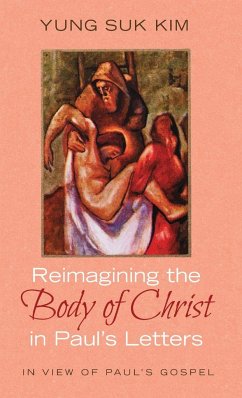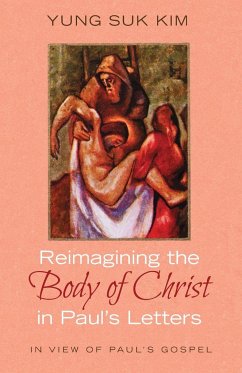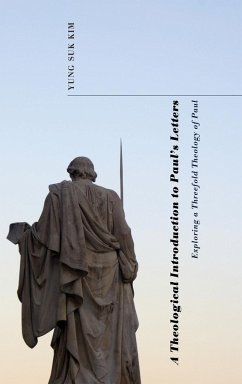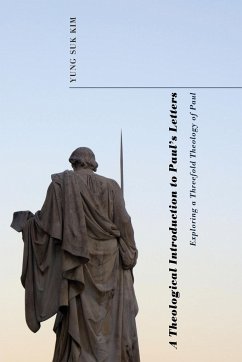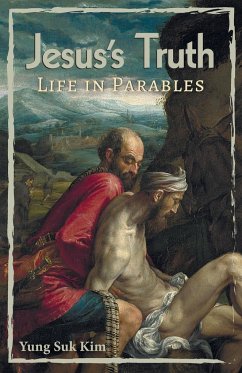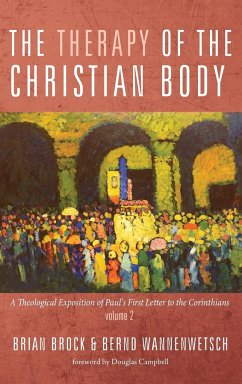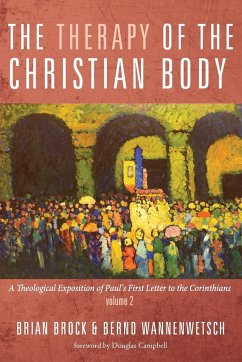This book questions all familiar readings of the body of Christ in Paul's letters and helps readers rethink the context and the purpose of this phrase. Against the view that Paul's body of Christ metaphor mainly has to do with a metaphorical organism that emphasizes unity, Kim argues that the body of Christ has more to do with the embodiment of God's gospel through Christ. While Deutero-Pauline and pastoral letters use this body metaphor mainly as an organism, Paul's undisputed letters--in particular, 1 Corinthians and Romans--treat it differently, with a focus on Christlike embodiment. Reexamining the diverse use of the body of Christ in Paul's undisputed letters, this book argues that Paul's body of Christ metaphor has to do with the proclamation of God's gospel.

